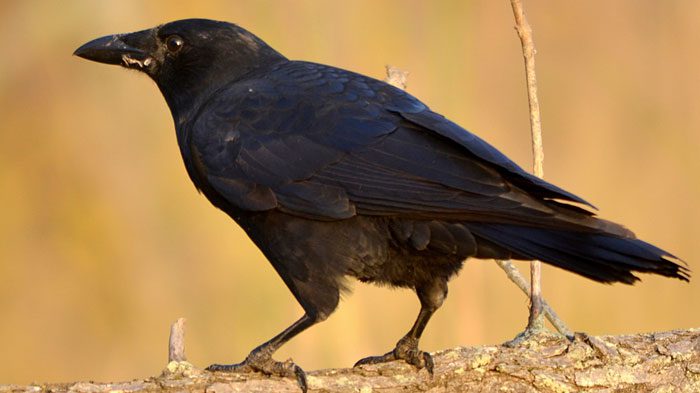How can I tell if a sick bird has West Nile Virus?
April 1, 2009It’s hard to know without conducting laboratory tests. West Nile virus does affect birds, but several other diseases can be common in birds, too. West Nile virus arrived in North America in 1999. It was first found in New York City and in a few years had spread across the continent. It was extremely damaging to some bird populations, especially members of the crow family (crows, ravens, jays, and magpies).
The disease is spread by mosquitoes, and can affect not only birds but humans as well, usually causing flu-like symptoms. Birds with visible symptoms of West Nile virus often die within a few days. Affected birds will often be fluffed out and stay low to the ground, or seem off balance and unable to stand.
Because West Nile virus affects birds, public health officials look for cases of sick and dead birds as an early warning that an outbreak may begin. Monitoring the disease in bird populations is an important way of tracking the disease.
The Centers for Disease Control has an entire website devoted to West Nile, including a short FAQ about West Nile and birds and maps of West Nile Virus activity.
If you have found one or more dead birds (especially if they are in the crow family), or observed birds that have symptoms consistent with WNV, it may be a good idea to contact your state health department. You can also report them to your regional office of the National Wildlife Health Center. For more information please see our FAQ What to do if I find a sick or dead bird?, and please remember that only veterinarians and licensed wildlife rehabilitators are legally allowed to treat wild birds.
In many cases, health departments can’t analyze a bird that has already started to decay, so you may be asked to double-bag a dead bird and put it in your freezer, or to take it to them immediately. If you do pick up the bird be sure to wear disposable gloves, and wash your hands thoroughly afterward.


All About Birds is a free resource
Available for everyone,
funded by donors like you



